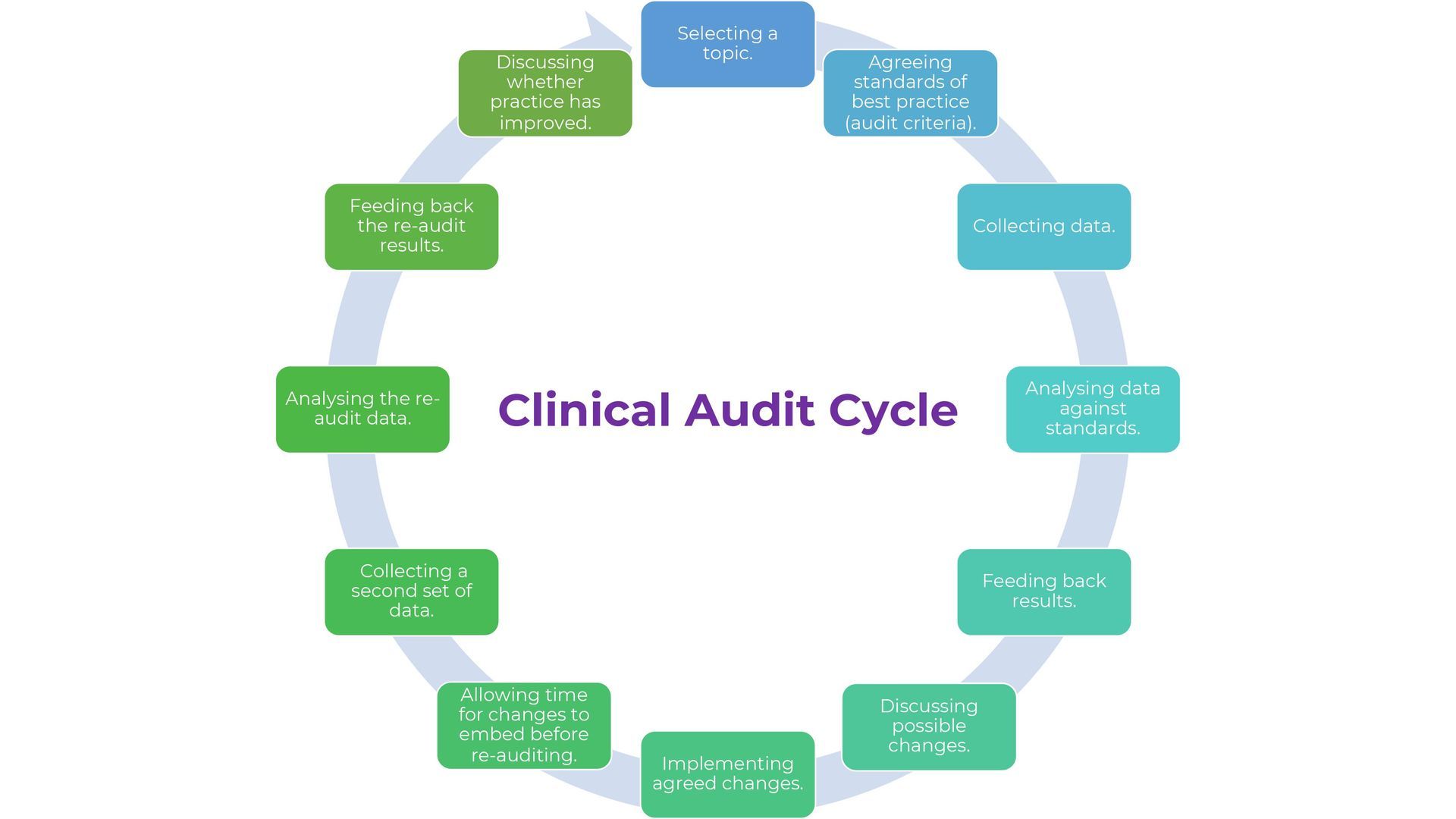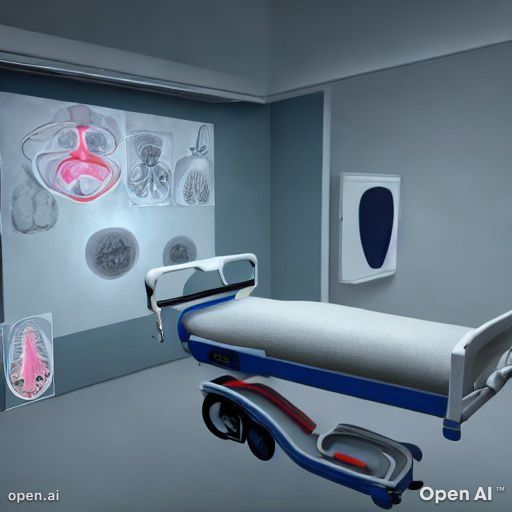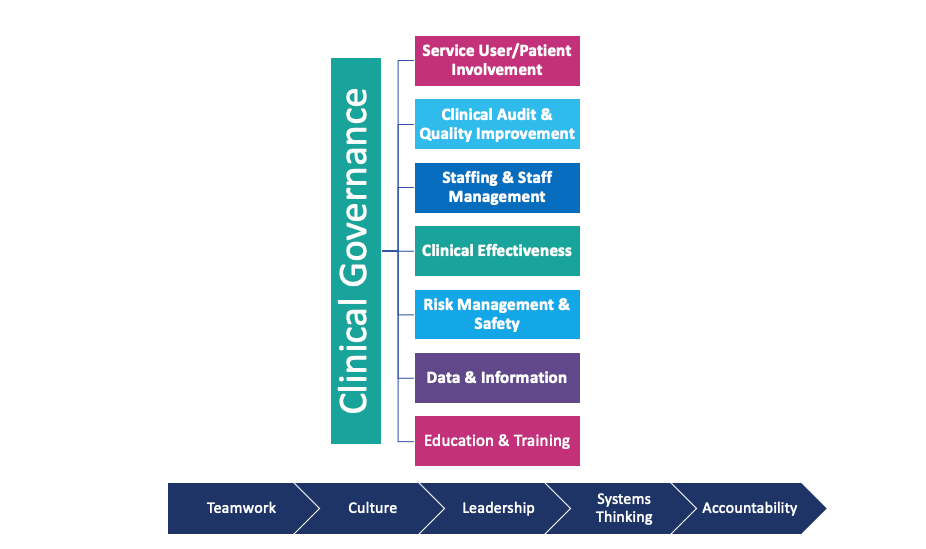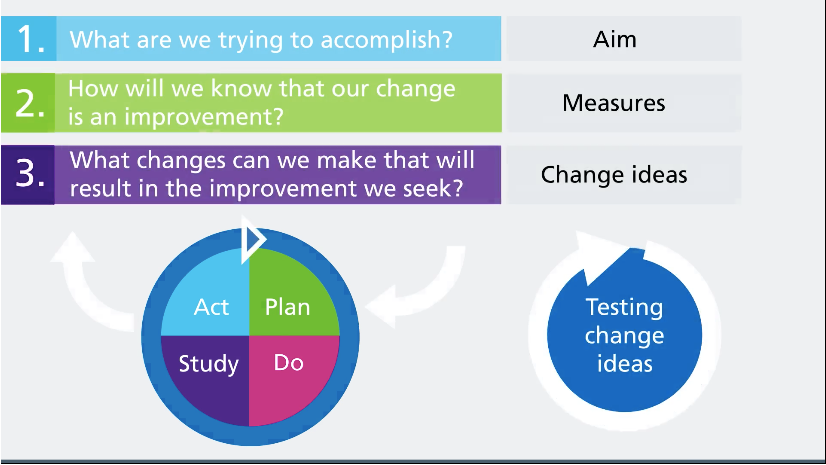Understanding the CQC Single Assessment Framework
Exploring Evidence Categories and Updates
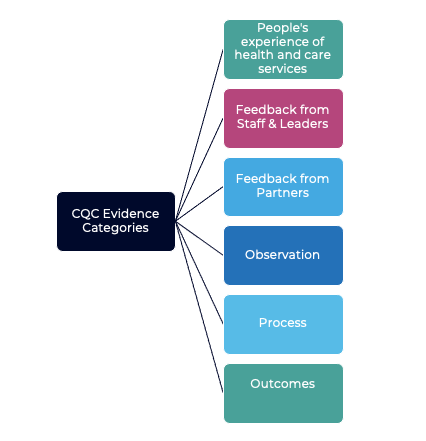
Understanding the CQC Single Assessment Framework: Exploring Evidence Categories and Updates
Introduction:
In the ever-evolving landscape of health and social care in England, it is crucial for regulatory bodies to adapt and enhance their assessment frameworks. The Care Quality Commission (CQC) has introduced the Single Assessment Framework concept, which consists of the following elements:
- Five Key Questions
- Quality statements (related to the five key questions)
- Evidence categories
- Specific Evidence & Key Quality Indicators
In this blog post, we will provide an overview of the CQC's evidence categories, their purpose, and the potential impact they may have on CQC processes such as inspection.
Understanding Evidence Categories:
Unlike quality statements that primarily target service providers, evidence categories aim to bring structure and consistency to the assessment process. By employing evidence categories, the CQC seeks to provide a clearer understanding of the quality of care being delivered in relation to each quality statement. There are six distinct evidence categories outlined by the CQC:
- People's experience of health and care services: This category focuses on gathering feedback from individuals who have received health and social care services. It aims to capture the first-hand experiences of service users and their perceptions of the quality of care provided.
- Feedback from staff and leaders: The CQC recognises the valuable insight that staff members and leaders possess regarding the quality of care. Feedback from these individuals provides an additional perspective on the effectiveness of services and the overall organisational culture.
- Feedback from partners: Collaborative efforts within the health and social care sector are essential for delivering high-quality services. Feedback from external partners, such as other organisations or professionals, allows the CQC to evaluate the effectiveness of integrated care and inter-agency collaboration.
- Observations: Direct observations of service provision play a vital role in assessing the quality of care. This category involves on-site visits and assessments conducted by CQC inspectors to evaluate the delivery of services in various settings.
- Processes: The processes category focuses on the documentation and policies related to health and social care practices. It involves assessing whether the service provider has established effective processes, protocols, and guidelines to ensure the delivery of safe and high-quality care.
- Outcomes: Ultimately, the primary goal of health and social care services is to achieve positive outcomes for individuals. The outcomes category assesses the impact of care on the health, well-being, and quality of life of service users.It is likely that some services will have care and clinical related outcomes KPI's and metrics as standard and will prove useful in evidencing outcomes.
Factors Influencing the Use of Evidence Categories:
The utilisation of evidence categories is influenced by several factors, including the service type or model, the level of assessment (e.g., service provider, local authority, integrated care system), and whether the assessment pertains to existing providers or registration. It is worth noting that some evidence categories may be challenging to gather and present as evidence before registration, with the exception of the process category, where policies, procedures and pathways will serve as critical evidence for CQC registration purposes.
Implementation and Timeline- Single Assessment Framework:
While the Single Assessment Framework with evidence categories and quality statements has been introduced , a comprehensive timeline for its robust implementation is yet to be established. The CQC aims to commence the implementation process toward the end of this year(2023), but the exact rollout schedule remains vague. Currently, the priority for the CQC is to ensure the necessary technological infrastructure is in place and tested with providers to facilitate the new framework.
Expected changes to the management structure and operational teams at the CQC may cause further delays. Consequently, it is anticipated that the CQC will communicate its priorities, including thematic reviews, across various sectors in the near future. Additionally, the CQC has revealed that a new online provider portal will be launched in the summer of 2023. This portal will serve as the primary means of communication between the regulator and service providers, streamlining the submission of statutory notifications and improving the enforcement process. Familiarity with the technological changes introduced by the portal will be crucial for effective engagement with the CQC.
Conclusion:
The introduction of evidence categories within the Single Assessment Framework represents a significant development in the assessment process for health and social care services. By incorporating these categories alongside quality statements, the CQC aims to provide consistency and clarity in evaluating the quality of care delivered. While the exact timeline for implementation remains uncertain, providers should prepare for the forthcoming changes and familiarize themselves with the technological advancements that will shape the future of engagement with the CQC. Should you have any questions or require support regarding the new CQC approach to inspection, our experienced team of social care professionals is ready to assist you.
Contact us to explore the range of CQC compliance support services we offer and learn how we can support your service
Email Us
For general enquiries & questions,
contact us via email
Book Free Consultation
Need some advice face to face? Book a free 30 minute MS Teams consultation
CHECK OUT OUR OTHER BLOG POSTS
Knowledge Hub

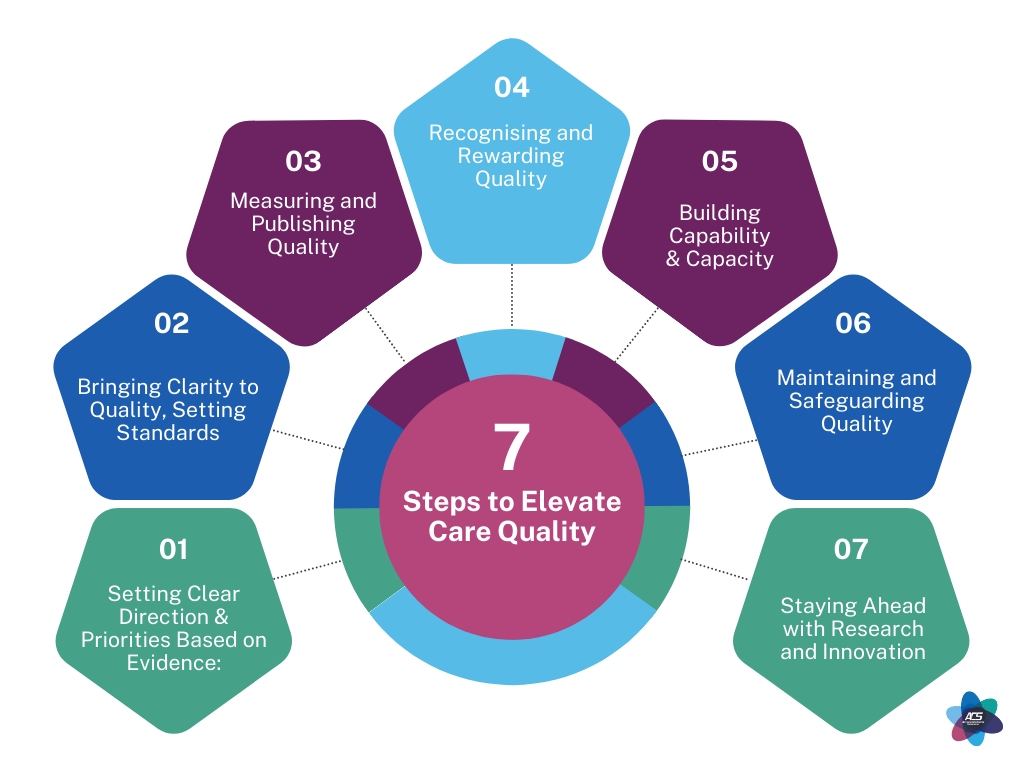
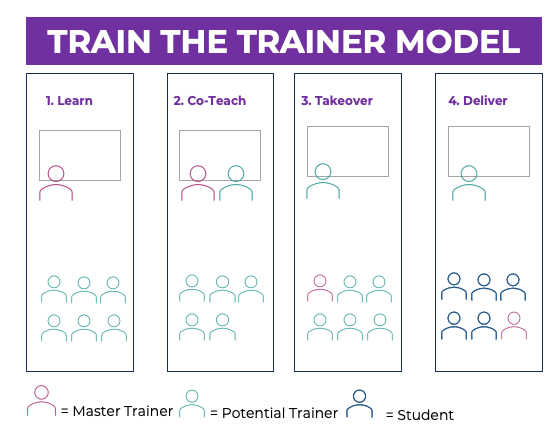
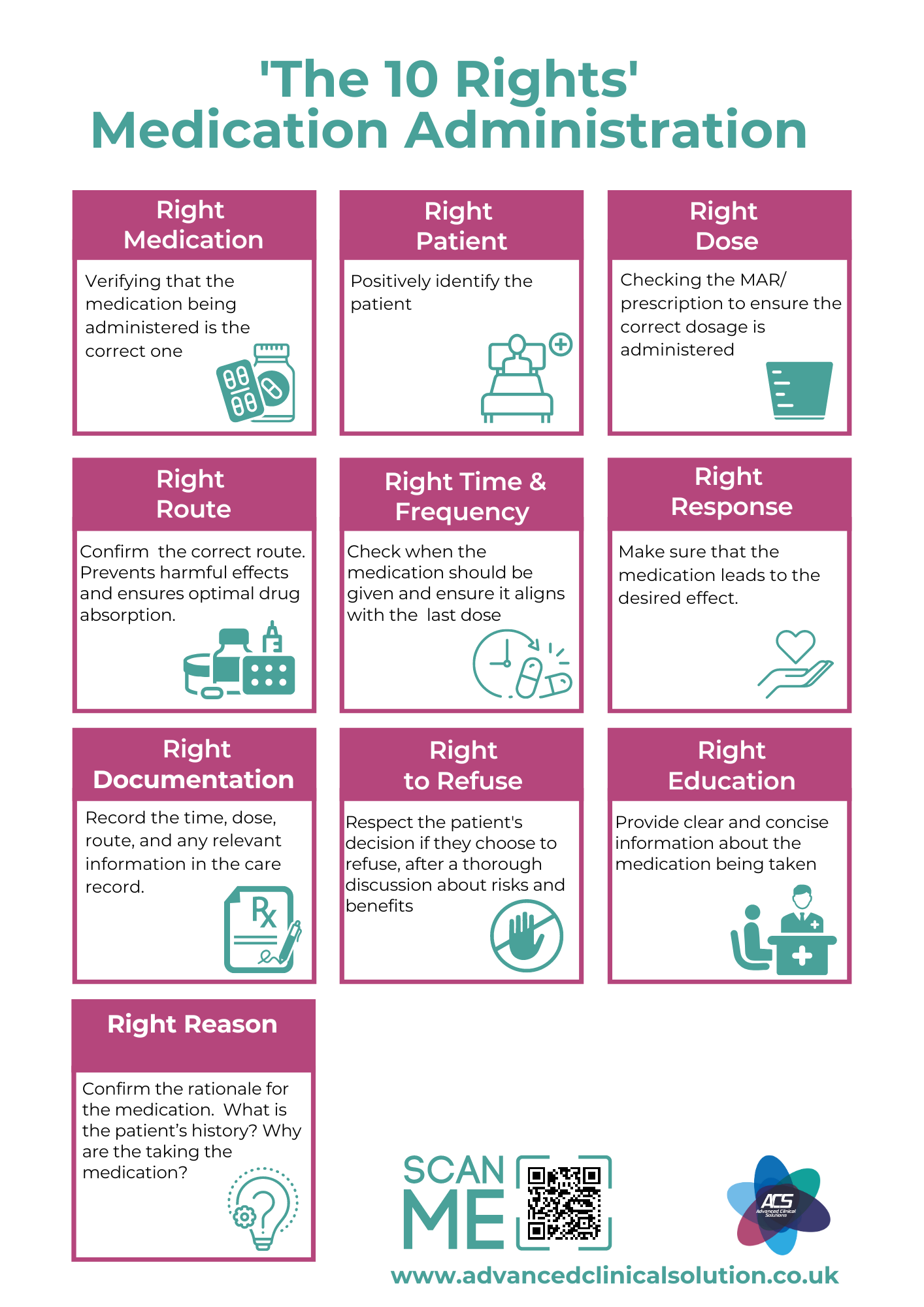



Merlin House I Langstone Business Park
Newport I NP18 2HJ
Copyright © 2024 Advanced Clinical Solutions Ltd . All rights reserved
Company Reg : 10293607 VAT Reg: 290 6883 65





